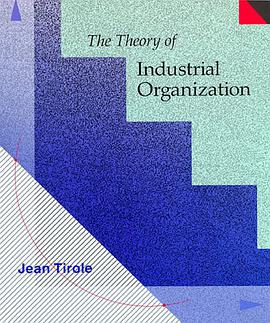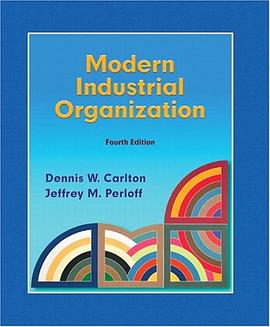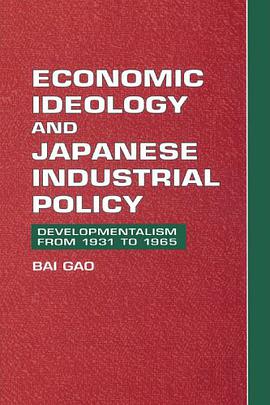The Theory of Industrial Organization 豆瓣
作者:
Jean Tirole
The MIT Press
1988
- 1
The Theory of Industrial Organization is the first primary text to treat the new industrial organization at the advanced-undergraduate and graduate level. Rigorously analytical and filled with exercises coded to indicate level of difficulty, it provides a unified and modern treatment of the field with accessible models that are simplified to highlight robust economic ideas while working at an intuitive level.To aid students at different levels, each chapter is divided into a main text and supplementary section containing more advanced material. Each chapter opens with elementary models and builds on this base to incorporate current research in a coherent synthesis.Tirole begins with a background discussion of the theory of the firm. In part I he develops the modern theory of monopoly, addressing single product and multi product pricing, static and intertemporal price discrimination, quality choice, reputation, and vertical restraints.In part II, Tirole takes up strategic interaction between firms, starting with a novel treatment of the Bertrand-Cournot interdependent pricing problem. He studies how capacity constraints, repeated interaction, product positioning, advertising, and asymmetric information affect competition or tacit collusion. He then develops topics having to do with long term competition, including barriers to entry, contestability, exit, and research and development. He concludes with a "game theory user's manual" and a section of review exercises.Jean Tirole is a Professor of Economics at MIT


